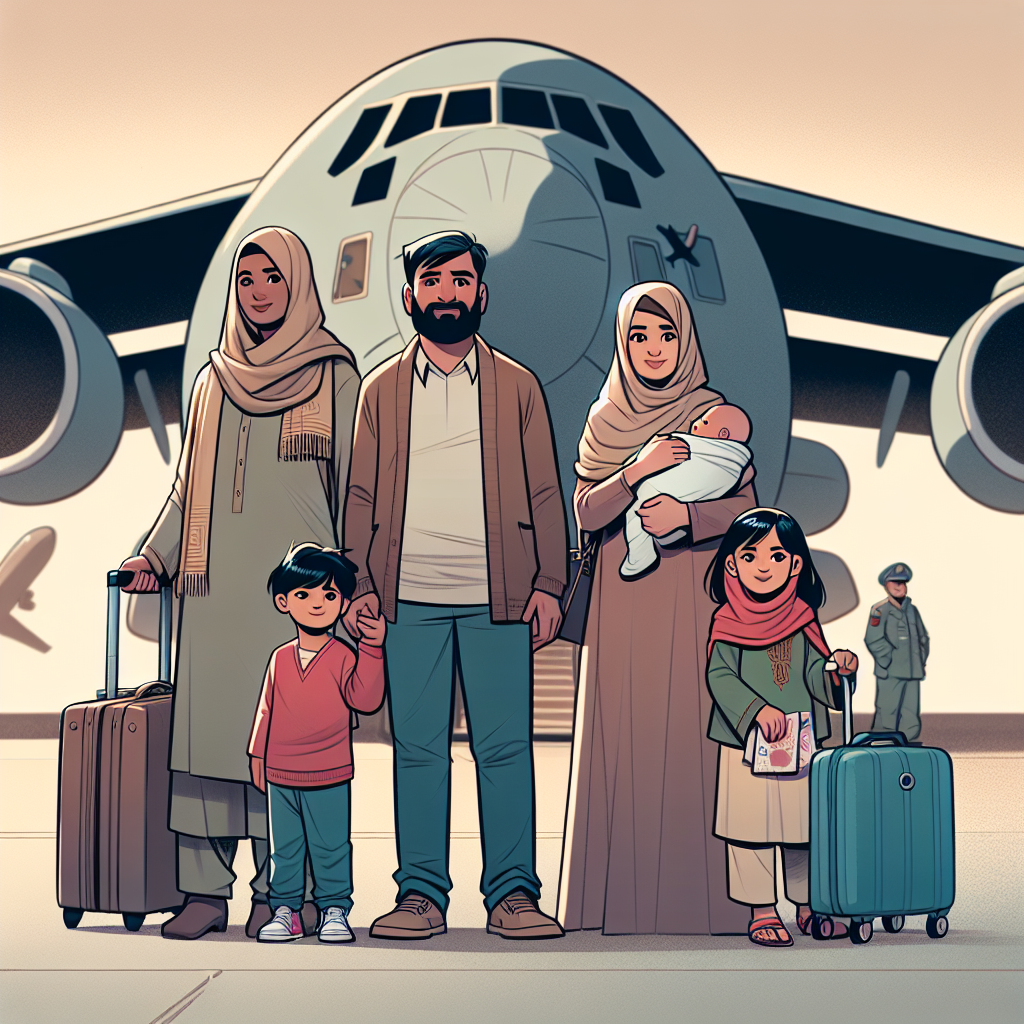UNHCR Urges Pakistan to Halt Forced Return of Afghan Refugees with PoR Cards
On 31 July, the Government of Pakistan confirmed that registered Afghan refugees—long considered under international protection—would be included in its deportation drive.

- Country:
- Pakistan
The United Nations High Commissioner for Refugees (UNHCR) has voiced serious concern over Pakistan’s recent announcement that it will forcibly repatriate Afghan refugees holding Proof of Registration (PoR) cards under its ongoing Illegal Foreigners Repatriation Plan. The policy risks sending vulnerable individuals, including women and girls, back to a country facing an escalating humanitarian and human rights crisis.
On 31 July, the Government of Pakistan confirmed that registered Afghan refugees—long considered under international protection—would be included in its deportation drive. In recent days, UNHCR has received worrying reports of the arrest and detention of Afghans across the country, including PoR cardholders, who are legally recognized as refugees in Pakistan.
Rising Concerns for Human Rights and Protection
UNHCR has underscored the dangers of forcibly returning refugees to Afghanistan, particularly at a time when basic rights—especially for women and girls—are severely restricted. Since the Taliban returned to power in 2021, Afghan women have faced draconian limitations on education, employment, and public life, and many Afghans have faced persecution, violence, and economic collapse.
“UNHCR remains particularly concerned about women and girls, as well as others whose human rights and safety are at risk if returned,” said a spokesperson. “We call on Pakistani authorities to ensure that any return is voluntary, safe, and dignified, in line with international principles.”
The UN agency is urging Islamabad to exempt individuals with international protection needs from involuntary return. This includes not only women and girls, but also those with:
-
Medical conditions requiring ongoing treatment
-
Higher education pursuits in Pakistani institutions
-
Mixed marriages involving Pakistani nationals
-
Family reunification cases
UNHCR has emphasized its willingness to support the Pakistani government in developing mechanisms to identify and protect such individuals, ensuring adherence to international refugee law and humanitarian commitments.
A Welcome but Limited Grace Period
Pakistan has granted a one-month “grace period” extension for PoR cardholders, which UNHCR welcomed. However, the agency warns that the extension must be accompanied by clear protections to prevent further detentions and deportations.
The call for extending the validity of PoR cards—which provide legal residency and protection for over 1.3 million registered Afghan refugees in Pakistan—is central to UNHCR’s current engagement with the Pakistani authorities.
Mass Deportations and the Humanitarian Toll
The forced return of refugees from Pakistan adds to a dramatic spike in returns across the region. So far in 2024, over 2.1 million Afghans have returned or been forced to return to Afghanistan, including 352,000 from Pakistan alone.
This influx is overwhelming Afghanistan’s fragile infrastructure, straining shelter, food, healthcare, and employment in a country already facing:
-
Severe economic collapse
-
High rates of displacement
-
Record levels of poverty
-
Natural disasters, including drought and floods
Communities in border provinces—already among the poorest in Afghanistan—have been especially hard hit by the uncoordinated returns. Humanitarian aid agencies are warning of rising protection needs, food insecurity, and increased risk of onward movement into other countries, including irregular migration routes.
UNHCR warns that mass, hasty, and involuntary repatriations may not only harm returnees, but also risk regional instability by overburdening fragile systems and communities.
Pakistan’s History of Hospitality—and the Need for Renewed Commitment
For over four decades, Pakistan has hosted millions of Afghan refugees, providing safe haven during some of Afghanistan’s darkest periods. UNHCR acknowledged this longstanding generosity and appealed to Pakistan’s established goodwill to uphold its commitments to those in need of international protection.
“We urge the Government of Pakistan to ensure that the principles of protection and non-refoulement are respected,” said the agency, referencing the international legal norm that forbids returning people to countries where they risk persecution or serious harm.
A Path Forward: Protection and Dialogue
As the humanitarian situation in Afghanistan deteriorates, the need for international cooperation and solutions becomes more urgent. UNHCR has reiterated its commitment to:
-
Support Pakistan with technical expertise, policy guidance, and monitoring systems
-
Facilitate durable solutions, including voluntary repatriation when conditions allow
-
Expand education and livelihoods programs for refugees
-
Maintain humanitarian assistance for returnees inside Afghanistan
In the meantime, UNHCR calls for a halt to forced returns, protection of vulnerable populations, and renewed dialogue between host countries and international partners to uphold refugee rights and dignity.










